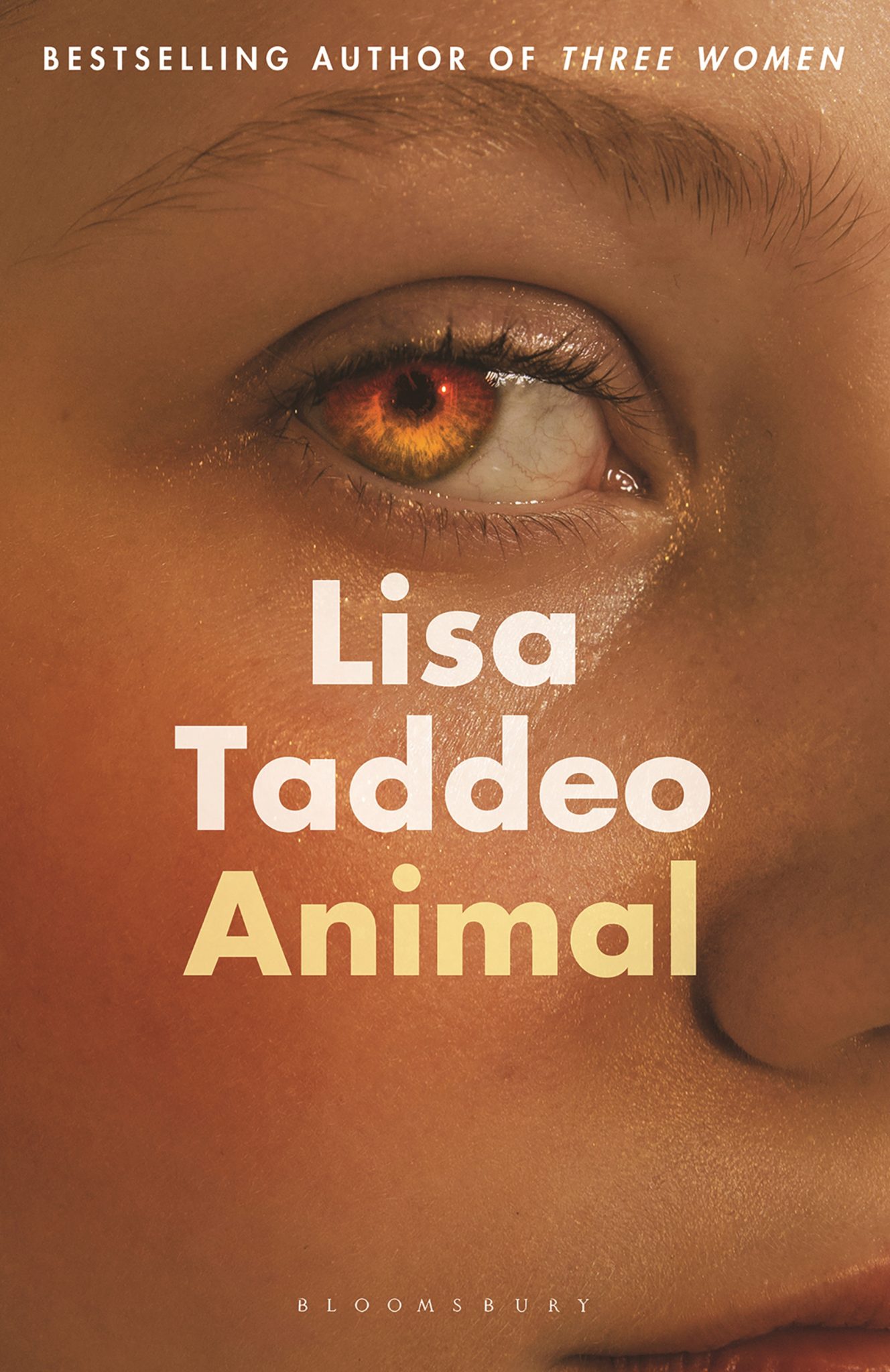

Lisa TaddeoAcross both fiction and nonfiction-and hopefully my personal life-I try not to levy judgment. But I'm curious how this idea of responsible questioning informed how you thought about writing Animal? It was given in the context of writing Three Women, where you were acting as a confidante to the three women you wrote about. Rachel Schwartzmann I stumbled upon a wonderful talk that you did for 5x15 about how we ask questions. To tell your story out loud, and then again, louder. And if, like me, you found yourself breathless while reading Three Women, then just wait: Pulsing with life, Animal creates space for a long-awaited exhale-growl-that allows you to feel it all. But no matter where you are in the world, Taddeo's writing brings you back to your body.

I mostly read Animal at night, in the dark, when every being in my household slept soundly.

On the surface, Animal is rife with violence and rage, but it also shows us that unapologetically giving a voice to devastating experiences can help us acknowledge-and better understand-the root of one's pain. While these themes take up plenty of space on the page, for Taddeo, there is another side to Joan's story. Taddeo, widely known for her acclaimed book, Three Women, has written a novel adjacent to her exploration of female agency and desire. Joan ends up in California, though her story unravels across time and space, and readers are introduced to a cast of characters that bring Joan's lifelong trauma into focus. After a man in Joan's life performs a horrendous act of violence in front of her, she leaves New York City to find Alice-the only person Joan believes can help her understand her past. In Lisa Taddeo's debut novel Animal (Avid Reader Press), we meet Joan, a woman on the verge of transformation.


 0 kommentar(er)
0 kommentar(er)
